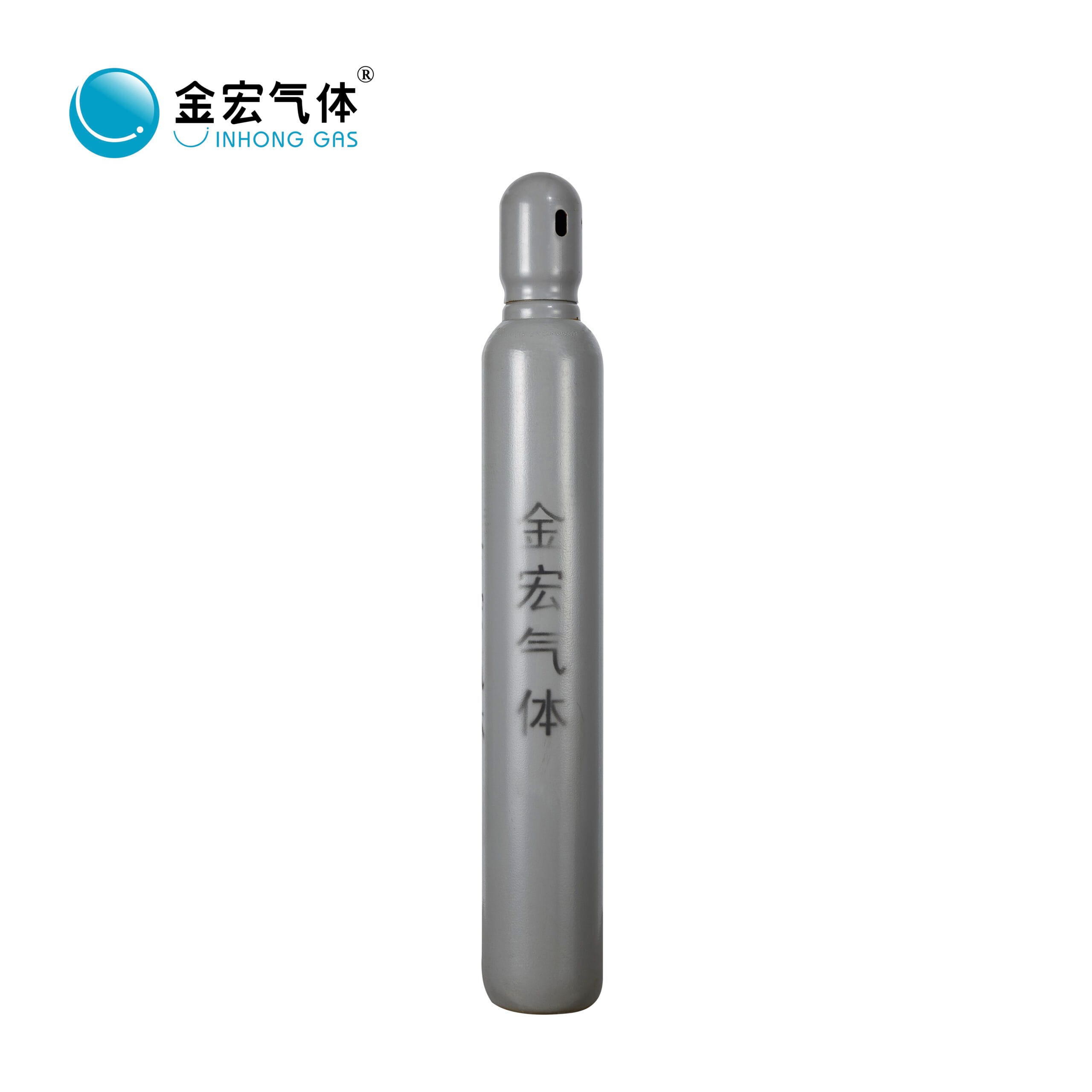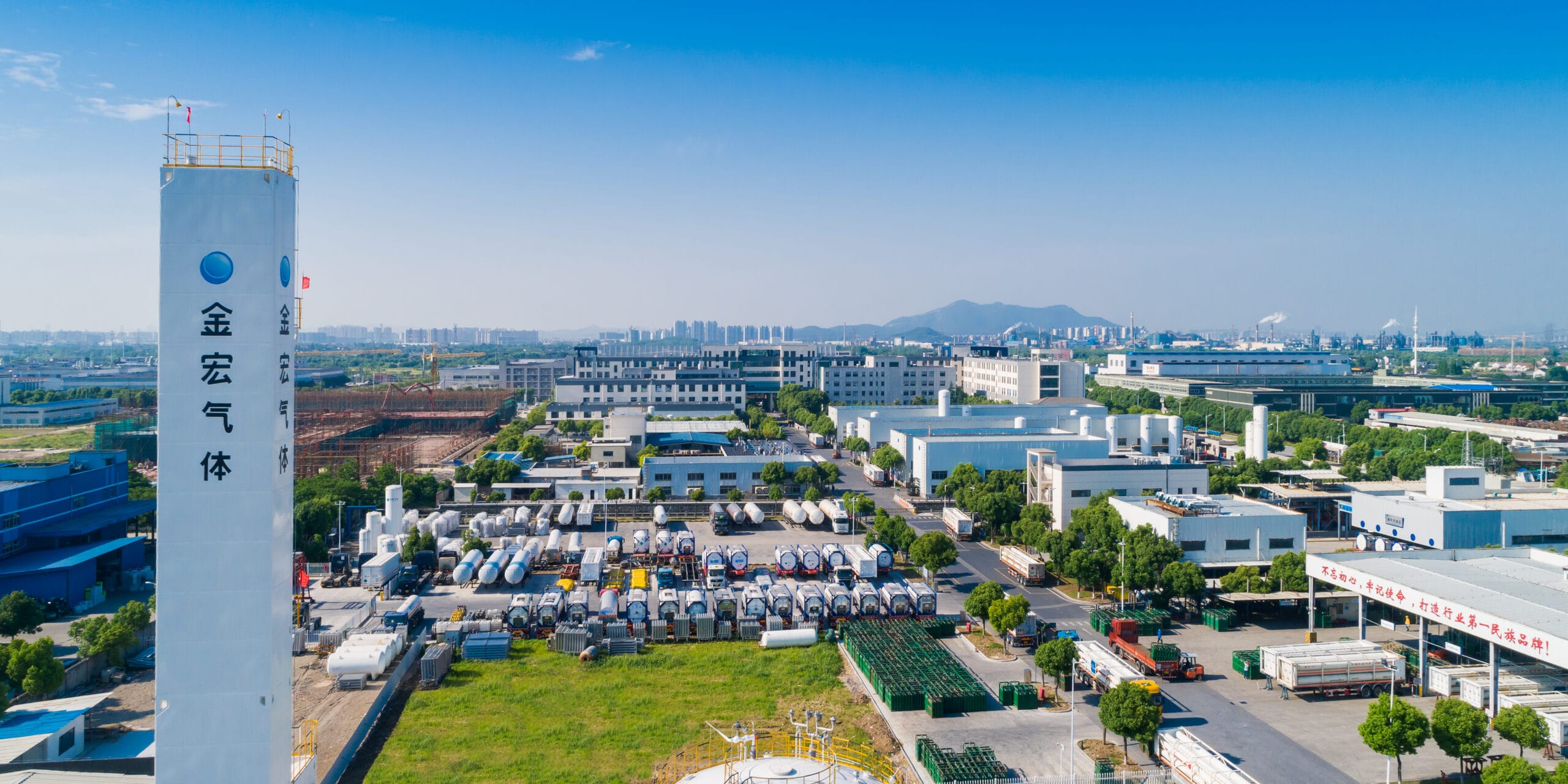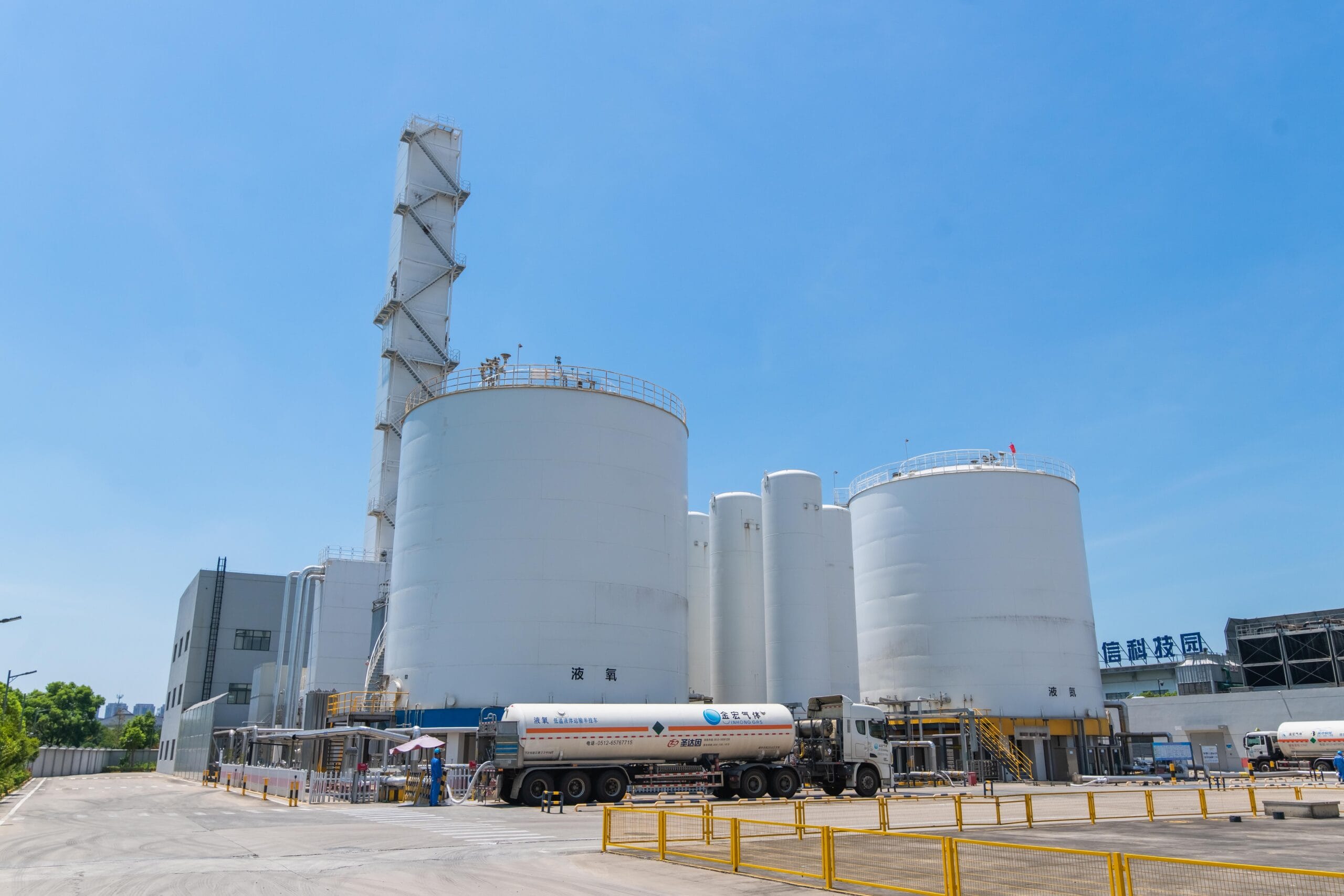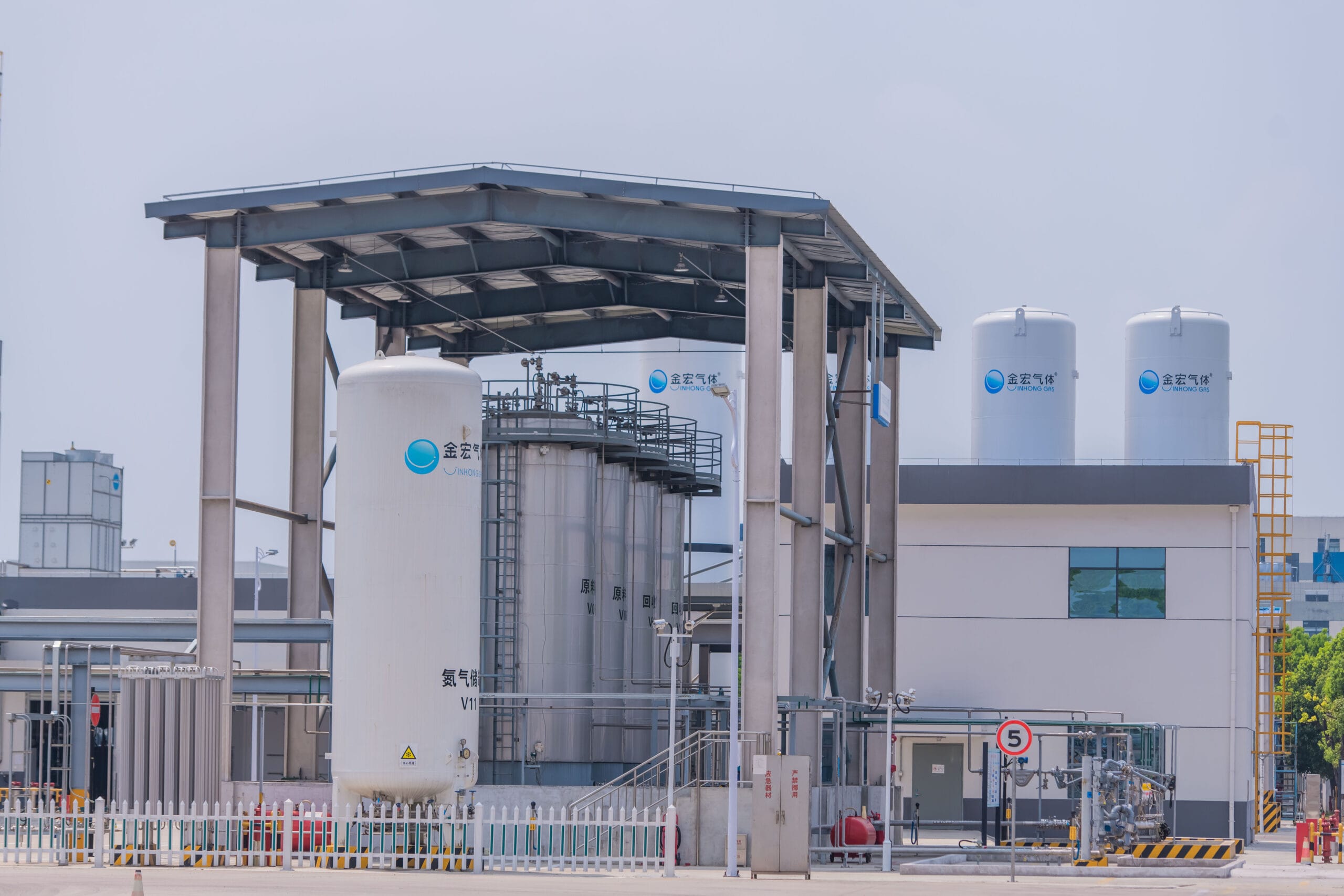
Carbon Dioxide Quotes: Understanding CO2 Prices and Trends
Carbon dioxide quotes are essential for businesses trying to understand CO2 pricing. As more countries implement carbon pricing, knowing the cost of CO2 emissions is crucial. This article explains the factors that influence CO2 pricing and explores trends shaping the market. What Are Carbon Dioxide Quotes? It is refer to the market price of CO2 emissions. These prices reflect the cost of releasing CO2 into the atmosphere. They are influenced by factors like government regulations and demand for carbon credits. As governments tighten emissions policies, continue to evolve. Key Factors Influencing CO2 Pricing How to Monitor Carbon Dioxide Quotes To stay informed about it, businesses can use these resources: Future






